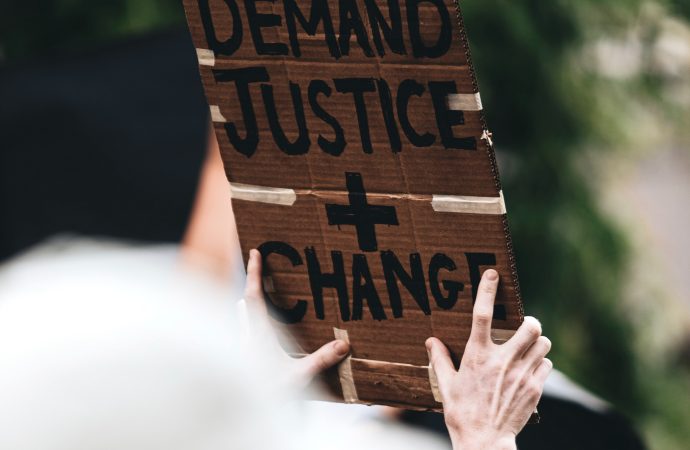Introduction In the quest for a more just society, criminal justice policies play a pivotal role. In recent years, a growing recognition has emerged that the traditional approach of punitive measures alone does not effectively address the complex issues surrounding crime and punishment. Instead, there is a pressing need to reevaluate our criminal policy and
Introduction
In the quest for a more just society, criminal justice policies play a pivotal role. In recent years, a growing recognition has emerged that the traditional approach of punitive measures alone does not effectively address the complex issues surrounding crime and punishment. Instead, there is a pressing need to reevaluate our criminal policy and shift towards a system that emphasizes fairness, rehabilitation, and ultimately, public safety. This article explores the importance of unlocking justice, examining the potential benefits, challenges, and key considerations in transitioning to a more balanced and humane criminal policy framework.
The Failures of Traditional Punitive Approaches
Traditional punitive approaches to criminal justice have long been criticized for their limited efficacy and unintended consequences. The focus on punishment and incarceration alone has led to overcrowded prisons, high recidivism rates, and disproportionately affected marginalized communities. Moreover, the punitive model often fails to address the underlying factors contributing to criminal behavior, such as poverty, mental health issues, and lack of access to education or employment opportunities.
Rehabilitation as a Foundation for Change
A shift towards rehabilitation is a crucial aspect of unlocking justice. Instead of solely focusing on punishment, an effective criminal policy should aim to rehabilitate offenders, providing them with the necessary tools and support to reintegrate into society. Rehabilitation can take various forms, including education and vocational training programs, mental health and substance abuse treatment, and community-based initiatives. By addressing the root causes of criminal behavior, society can break the cycle of reoffending and promote lasting change.
Balancing Justice and Public Safety
Critics of rehabilitation often argue that it jeopardizes public safety. However, a carefully designed approach can balance the goals of justice and public safety. Evidence-based practices, such as risk assessments, supervised release programs, and structured community support, can mitigate risks while still allowing individuals to rebuild their lives. Additionally, restorative justice principles, which emphasize accountability, reparation, and community involvement, can provide a more holistic and inclusive approach to addressing harm and fostering healing.
Policy Considerations and Implementation Challenges
Implementing a comprehensive criminal policy reform requires careful consideration and collaboration between various stakeholders. Policymakers must consider funding priorities, allocation of resources, and the importance of evidence-based practices in shaping effective programs. Collaboration between law enforcement agencies, judiciary, correctional facilities, and community organizations is crucial for successful implementation. Transparency, accountability, and ongoing evaluation of programs are vital to ensure the effectiveness of the reforms.
Voices from the Field: Success Stories and Best Practices
To demonstrate the potential impact of unlocking justice, it is essential to highlight success stories and best practices from jurisdictions that have embraced a rehabilitative approach. For instance, innovative initiatives such as community courts, restorative justice programs, and diversionary measures have shown promising results in reducing recidivism and improving community well-being. These success stories can serve as inspirations and models for others seeking to reform their criminal policy.
Conclusion
The path to fairness, rehabilitation, and public safety in criminal policy requires a fundamental shift in mindset and a departure from punitive practices. Unlocking justice demands a comprehensive approach that integrates rehabilitation, evidence-based practices, and community involvement. By reimagining our criminal justice system, we can foster a society that values rehabilitation, reduces recidivism, and ensures public safety while offering hope and a path forward for individuals entangled in the criminal justice system. Through this transformation, we can pave the way for a fairer, more inclusive, and ultimately safer society for all.

















Leave a Comment
Your email address will not be published. Required fields are marked with *